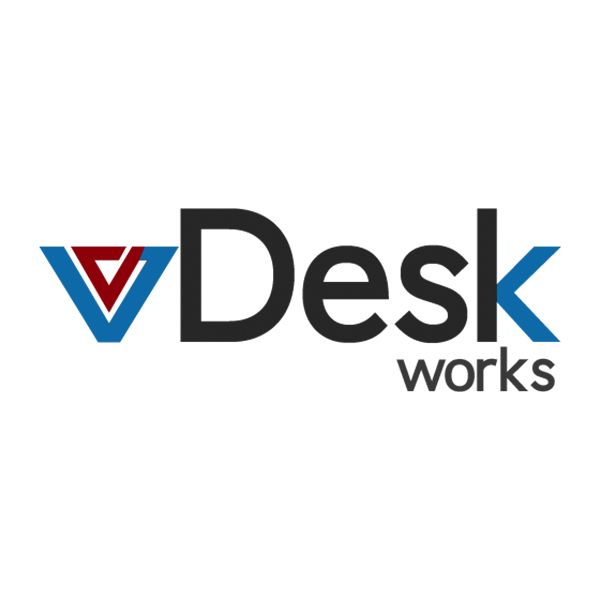Keeping your information secure is important for almost everyone these days. Personal data stored on devices, servers, and networks are constantly under attack from cybercriminals looking to gain access to your private data.
What are Virtual Desktops and Why are they Important?
Virtual Desktops, as the name suggests,, are virtual versions of the desktop environment that you use every day at work or home. Once created, these desktops look and behave just like your normal computer desktop. Virtual Desktops play an important role in ensuring data security because they provide a secure way to access your information without having to worry about cybercriminals gaining access to them.
A normal desktop computer is connected to the internet and has several applications running on it that can access your private data. All these factors put together makes for a very insecure environment that cyber attackers prey on.
Virtual Desktops, by contrast, do not allow applications to run directly on them (unless you specifically configure them). They operate like an extension to your normal desktop, allowing you to use programs that are hosted on the virtual desktops just like they are running locally.
Virtual Desktops also permit the creation of several different desktops for use by different people. Administrators can create a Virtual Desktop specifically for high-risk tasks, such as accessing your bank account or making transactions. Users can then use this virtual desktop for shopping online or depositing checks. Since the Virtual Desktop does not contain any personal data, users do not need to worry about cybercriminals gaining access to it through phishing scams or other attacks.
How Does A Virtual Desktop Ensure Security?
Virtual desktops ensure security in several ways. First, they do not allow applications to run directly on them and only permits the use of applications that exist either externally or in a virtual desktop created by someone else. They also ensure isolation between tasks undertaken by different users, ensuring that all information is kept secure and private even if there is a data breach.
Virtual Desktops go a long way in ensuring that your business data is kept secure and private. By separating desktop environments and restricting many apps from running on the virtual environment, administrators can be sure that any sensitive information accessed by these Virtual Desktops will not be compromised.
Also, since it provides a safe and secure means for multiple people to access your data, Virtual Desktops ensure privacy and security for your business.
Some of the other major ways that Virtual Desktops ensure security are:
#1 Centralized and Easier Management – Having centralized control of Virtual Desktops allows system administrators to ensure that security policies are always enforced. Furthermore, the use of central storage for software and data ensures no violation of compliance requirements.
#2 Multi-Level Authentication and Access Controls – Easy access to Virtual Desktops is controlled by implementing multi-level authentication and access controls. This ensures that only authorized users can use the virtual desktop.
#3 Disaster Recovery – Virtual Desktops provide for disaster recovery by storing data in centralized locations so that it can be easily restored in the event of a system failure.
#4 Improved Efficiency – Data from Virtual Desktops is moved to applications on host systems as and when they are needed, ensuring improved efficiency as well as reduced IT costs.
#5 Compliance and Audit Requirements – Virtual Desktops make it easier to comply with industry regulations and audit requirements by allowing you to monitor all activities in a virtual desktop from a central location.
Final Words
In conclusion, Virtual Desktops ensure security because they provide a safe means of accessing data without the risk of any unauthorized access or cyber attacks. They also ensure compliance as well as central management and control of all business data, making them ideal for businesses that are concerned about the security of their data.
Hi, I am Adam Smith, Admin Of TechSketcher, Creative blogger and Digital Marketer.
